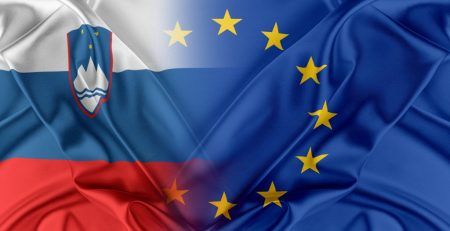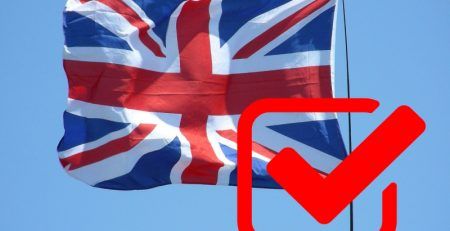Corporate income tax is the number one topic of companies in this period. Because of that the accountants are intensely preparing the annual financial statements and the tax return. We notice that in the past year, some companies broke records in revenue and profits, but others experienced loss.
The Financial Administration published non-binding explanations about the treatment of the aid received under intervention measures in 2020. This has a big impact on the tax base from which companies pay the corporate income tax.
Are you also interested to start a business in Europe? Also, do you know what is best for the success of your business? Apply now for our free webinar on business registration!
You can also call our experts on +386 1 6006 270/+386 1 6006 274. You can also call on our Viber/Whatsapp +386 40 530 718/+386 64 173 02. Also write to us on [email protected]
Do you need support with your business? Do you want to learn more about corporate income tax or property tax or the motor vehicle tax ? Our tax advisors are able to help! DATA d.o.o. can support you with your business in Slovenia. In addition to the company registration services, we also provide accounting services. Our legal department can also support you with every aspect of the law. Also, you can follow us on Facebook.
Corporate income tax – exemption from insurance contributions for March, April and May 2020
In the first package of aid, companies had a partial exemption from contributions for the pension insurance (PIZ), for those employees who worked (In Slovenia and abroad).
The value of the exempt contributions, in accordance with the accounting rules, represents the revenues. On the other hand, the costs of the calculated but not paid contributions are also shown. As a result, the amount does not increase the corporate income tax base.
Crisis bonus for March, April and May 2020 and December 2020
The first and penultimate package of aid also contains an article on the mandatory payment of a crisis bonus for all employees whose salary was lower than three times the minimum wage (March-May 2020) or twice the minimum wage (December 2020).
The amount of crisis bonuses paid is, on the one hand, a cost to the company. And, on the other hand, it represents revenue, in accordance with the accounting rules.
Corporate income tax – partial refund of uncovered fixed costs
At the end of the year, companies received new aid in the form of partial refund of unpaid fixed costs, which are not covered from other sources (insurance, temporary aid measures, support). The companies whose turnover was lower compared to the previous year (the year 2019) have the right for refund. Companies have to provide data on the planned and achieved loss in the last quarter of the year 2020 on the basis of actual costs and revenues (invoices). Even those who set the tax base on the standardized expenses. The amount they receive represents income and they have to include it in the corporate income tax base.
Refund of the workers’ wages compensation
The first wave brought the refund of wage compensation for waiting for work to those companies whose revenues fell by more than 20% in the first half of the year and did not grow by more than 50% in the second half of the year (compared to 2019). Then the conditions were revised, so a 10% drop in revenue in the year 2020 compared to 2019 was enough. Later in the second wave, we received a new aid package for the compensation for employees. All refunds of benefits are in accordance with the accounting rules of income, so they are included in the calculation of corporate income tax.
Corporate income tax – subsidizing the work time
In order to subsidize part-time work, there is a condition that the employer could not provide at least 90% of the work to employees. The fixed amounts of this aid received by companies also represent revenue according to the accounting rules. This will, in turn, also lead to a higher corporate income tax.
Companies that determine the tax base for corporate income tax, based on the claim of standardized expenses, actually include the income (the exemption from PIZ contributions, paid crisis bonus, refunds of the workers’ salaries and refunds of uncovered fixed costs) in the tax return. You then calculate the tax base by taking into account the standardized expenses, and the revenues do not get exempted.
Finally, there is the data on advance payments of corporate income tax, which the entrepreneurs did not pay in April and May. The companies do not include the amount of the advance payment of the corporate income tax for the said two months in the tax return (Seq. No. 22), as the liability does not show even on eCards. The sole traders do not include the amount of the advance payment of the income tax from business in the tax return (Seq. No. 25).
Do you need help with your business in Slovenia, EU? Contact DATA for support!
Do you plan to start a business in Slovenia? If you also need more details on business in Slovenia, send us an email to [email protected]. You can also call us on +386 1 6006 270/+386 1 6006 274 (our landline). You can also use our Viber/Whatsapp +386 40 530 718/+386 64 173 023. We are also available on skype data.business7.














Leave a Reply